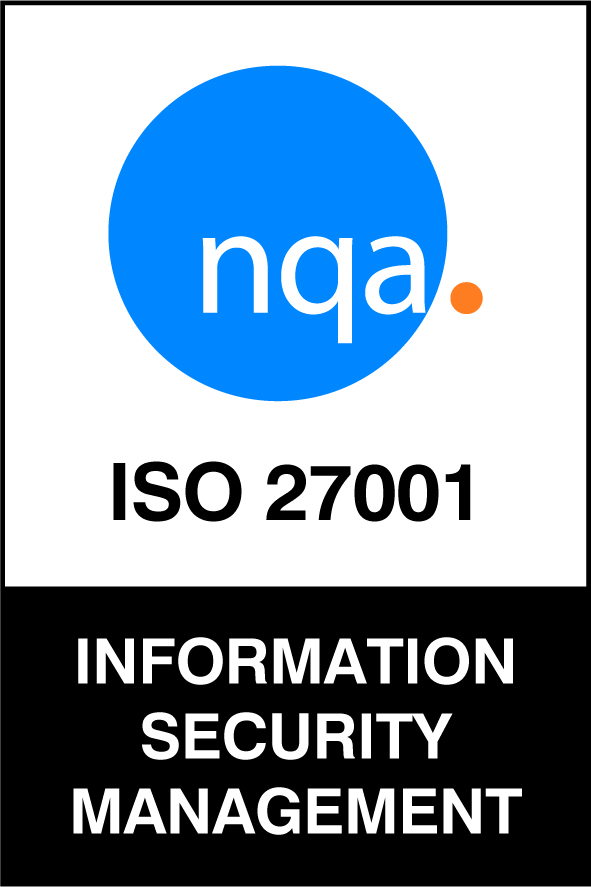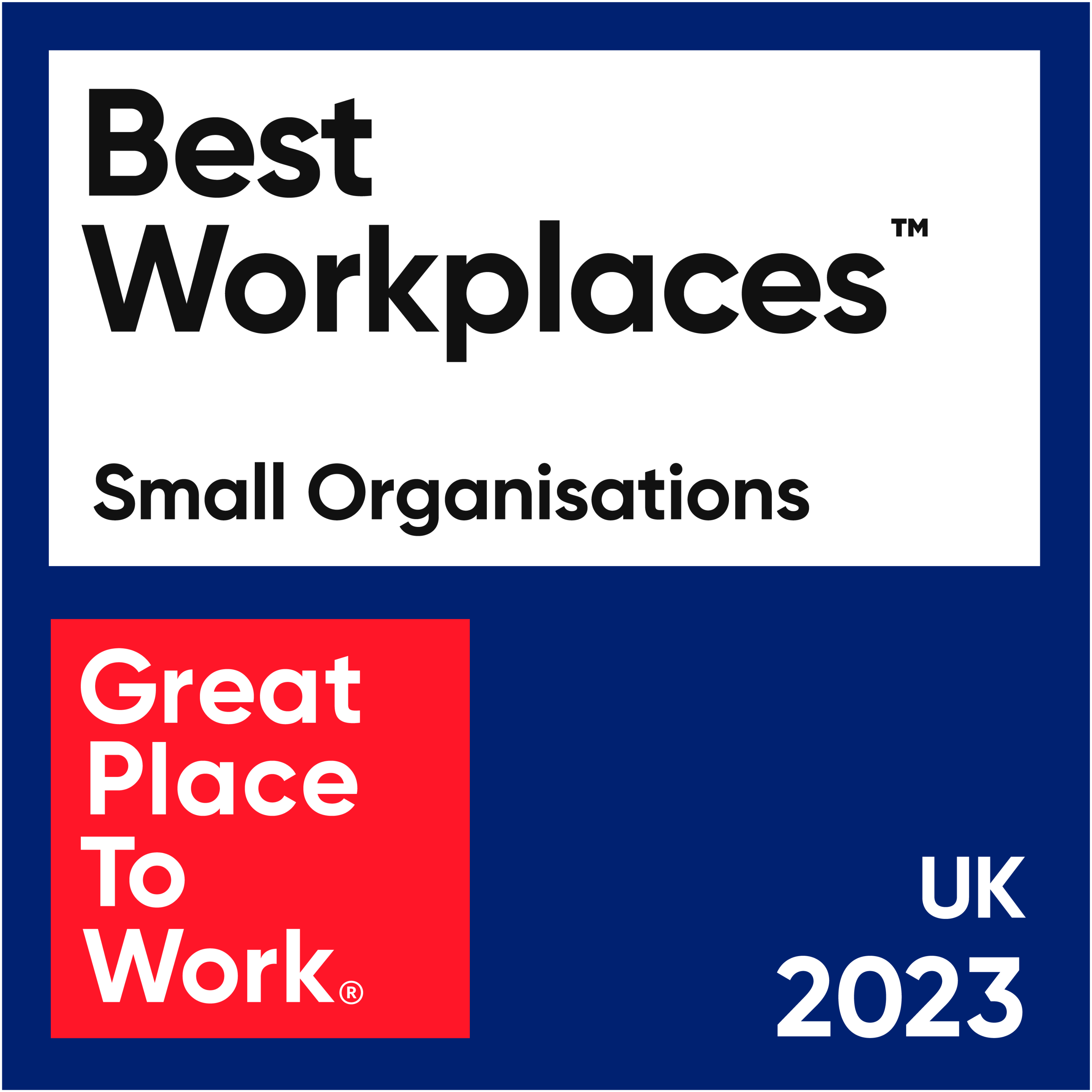Hybrid working is your hiring superpower
The thing with us humans is that, for all our apprehension, we are highly adaptable.
If I’d have said to you back at the start of 2020 that office-based work as we know it is going to change forever, I suspect you wouldn’t have believed it. I know I had my head in my hands when someone said the pandemic could last up to three months! Could I truly work remotely full-time? All I’d ever known was the Monday to Friday pattern of commuting to and from the office.
Now, almost four years later, our working policy has permanently shifted to work from anywhere (WFA). We have an office base, but the choice of where to work on a daily basis is left to what is best for our colleagues. It works well for us.
But, in the wider working world there seems to be tension around working arrangements. Is hybrid working the future? Is a return to full-time in office roles really that high on the agenda? Judging by many employers, it appears so.
So, if you’re a leader or manager planning for your team to have a solid presence in the office, I’d take a pause before you put your working arrangements in writing.
I’ve heard the saying that the war for talent is won, and talent won it, and that couldn’t be more true than right now. The power has absolutely shifted to what works best for your people, and prospective employees.
Power to the people
The late Bill Campbell, a phenomenal business coach in the Silicon Valley realm, suggested that as a leader, you are in the service of your people, and not the other way around.
This is a time to think carefully about giving your talent the certainty it needs about the future of working in your company, and to consider fully how you want to operate in the future. A blanket demand to come back to the office on a part or full-time basis isn’t going to sit well.
There’s no doubt that the last four years have posed a number of challenges for office-based businesses, but it’s also presented a huge amount of opportunity to embrace and nurture a talent-first culture. Here’s a couple of things for leaders to consider.
Big fish, bigger pond
Retaining flexible and remote working options means your talent pool isn't regionalised. No longer limited to your local area, you’ll keep the ability to hire nationwide, and potentially even extend your search to Europe and beyond.
Harvard Business School professor Prithwiraj (Raj) Choudhury is an advocate for a ‘work-from-anywhere’ approach, saying it “is the way to attract and retain the best talent.” That also means there will be intense competition for the best talent, he notes. Employers that don’t put the working requirements of their people first may soon find their team jumping ship to one that does more often than before.
Nick Cromydas, CEO of Hunt Club, points out that this increased competition means your employer brand is more important than ever; “gaining the attention of a local candidate familiar with your brand is a much easier task than reaching a candidate across the country who has never heard of your organisation.”
Company culture, and how you communicate that to your audience, will have a big role to play in attracting and retaining the best talent in this new way of working.
Diversity of thought
A remote working model also presents a great chance to widen the diversity of people and thinking in your business. According to Choudhury, “research shows if you have a globally distributed team, they have ideas that recombine to create innovation”, outperforming existing models.
"Remote working allows HR teams to hire and support those outside of their traditional geographical profile as well as their typical employee profile. There’s no longer a need to hire those who live within a commutable distance of the office or are available Monday – Friday, 9-5. Greater flexibility and technologies to help employees flourish regardless of their individual circumstances fosters a culture of inclusivity, collaboration and communication."
Adam D’Angelo, CEO of Quora, has discussed their adaptation to remote working and the positive effects a remote-first approach could have on labour mobility in the US, pointing to issues such as the ‘two-body problem’. This idea originated where partners in a relationship are tied to a single location, even if it might not be the optimal place for both careers.
Adam explains that, “the biggest benefit of the freedom of location for individual employees [is] they can choose to live wherever is best for them for other reasons.” Whether that relates to family responsibilities, lifestyle and cultural preferences, or housing and cost of living, remote working has the potential to open and expand career paths to people who may have been limited in choices in the past.
The ability to switch up living and working arrangements as an employee’s situation, lifestyle or preferences change could also help companies to retain talent, for example, allowing parents to work more flexibly around their family life without trade-offs against their career.
Keeping things fresh
And, fundamentally, do you really want a return to the old world, or the chance to build something fresh?
Asking yourself how flexible and remote working could work in your business, to get the outcomes it needs, is paramount. It won't be the same, it will be different. Designing it is the exciting part.
Maybe you won't have those in-person brainstorming sessions in the office quite so frequently, but set against a backdrop of a wider team logging in from multiple locations to co-work on building your next product or service together, you have to admit the latter is more tantalising.
How much richer could that product or service be? Maybe those monthly bowling nights get replaced by a quarterly all-hands get together with staff travelling in from all corners of the country.
Remember what it feels like when you haven’t seen an old friend for a long time? Such experiences help bind your team together, developing the faith and trust in each other to collaborate with ease, regardless of location.
We’ve had a life-changing event in these last four years, disrupting what we know, and allowing us to experience something else. So why go back, when we can build into the future?
Speak to the experts
Working out your operational model for employees is in a real state of flux, but it need not be feared.
The opportunities are endless to make flexible and remote working be successful, and we know some incredible talents who are used to working this way.
Making the decision to work with a talent acquisition agency like IRIS can be a big step for a business. But, you can rest assured that by engaging with our services, we will be working alongside you, doing what we do best, to find the best candidates for your roles, whilst giving you the capacity to do what you do best as a business.


built by: huzzah!

